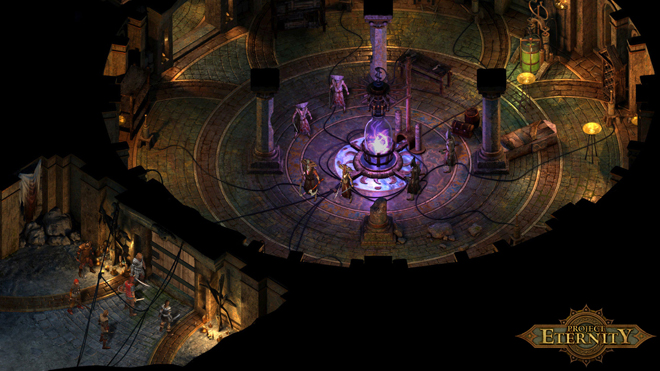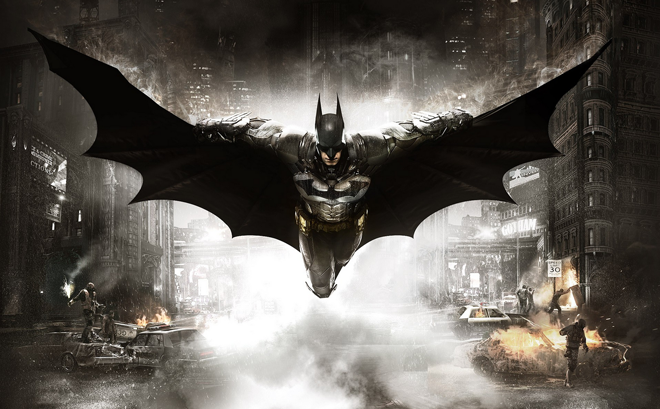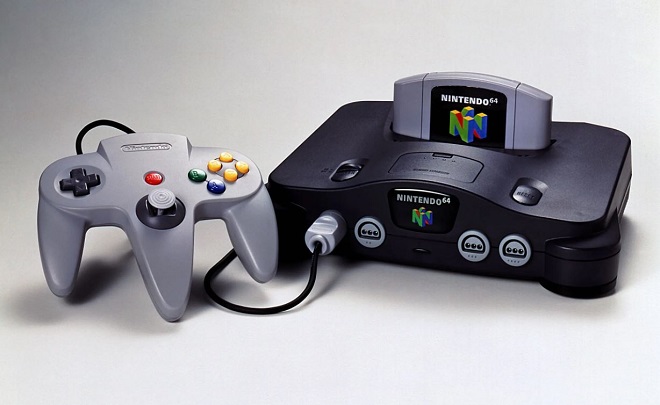Cognition Dissemination: Kicking Less Kickstarters

Hey! Remember when I used to make “A Kick for Kickstarters” posts on an almost weekly basis? It’s a shame that stopped suddenly, but there’s a good reason for it. And no, it’s not due to my tendency to start an ongoing feature and drop it out of laziness — although that’s part of it. If I’m not enjoying writing something, I can’t expect any readers to enjoy it.
The two of you who read a number of them might remember how I mentioned that less crowdfunding projects were appearing on Kickstarter, and how projects launched recently didn’t make anywhere near as much as their spiritual predecessors in 2012 and 2013. I was hoping to post about a number of big projects that attracted both the gaming audience and media when I started writing those features, those that stood out from the lower-tier offerings. A pity we haven’t seen one of those for a good while.
The crowdfunding craze was bound to die down after a while, like most trends, but it happened sooner than expected; and there’s empirical data to prove this. A study from a consultancy firm known as ICO Partners (no relation to the Sony-published game, I’m sure) shows how much less onlookers are pledging for projects on Kickstarter. That’s hardly surprising when 2013 was the best year for video game crowdfunding successes, but the total number of cash pledged this year is expected to be half the amount contributed throughout last year.
Granted, those numbers are still impressive. A little over $57 million was raised on Kickstarter throughout 2013, with 446 gaming projects that ran a successful campaign. For the first half of this year, though, only a hair over $13 million was raised, with 175 successful projects. Even if that number doubles with the second half of this year, which is somewhat likely, it will still be considerably lower than last year.

Even worse, high-profile projects have been nigh-nonexistent this year. We had projects that raised over $1 million easily throughout 2012 and 2013, like Obsidian Entertainment’s Pillars of Eternity (aka Project Eternity) and Comcept’s Mighty No. 9, but no gaming project has come anywhere near those this year. The closest we’ve seen were Amplitude, which raised over $844,000, and Unsung Story, which raised over $660,000 — the latter one admittedly could have raised more if the campaign didn’t become a small disaster after a few days. Numbers are so low now that campaigns like the one for Pathologic look like roaring successes, one that would have been considered a low-tier hit only a year ago.
There are logical reasons for this, some of which were addressed in the article. Titles from the developers who raised part of the budget through Kickstarter are currently releasing, but pledgers are still waiting for others they contributed to before they even think of giving money to another. The gaming audience only has so much money, many of which only desire to follow a moderate amount of projects at a time. Unfortunately for the developers launching their projects now, many of those projects (like everything from the previous paragraph) won’t release until 2015.

The high profile flops we’ve had recently aren’t helping, involving developers who ran out of cash due to overly ambitious goals and/or blatant misuse of people’s money. Yogventures and Clang are the biggest in recent memory, though smaller scams like Confederate Express and Areal haven’t helped. The same goes for the very vocal group that believes every crowdfunding campaign is a scam, people who pop out of the woodwork every time even the smallest bad Kickstarter-related news manifests. They’re often proven wrong when someone mentions recently-released quality games funded through Kickstarter like Shovel Knight, Divinity: Original Sin, Wasteland 2, and Pier Solar HD. But they’re so noisy and annoying that others are bound to see their comments, and become skeptical through fear-mongering.
Another issue is how Kickstarter initially arrived at the right time. It grew in popularity with the gaming audience in 2012, at the end of the console generation. It was a time where big software releases for PS3 and 360 were coming to an end, meaning people had enough money to contribute to crowdfunding projects. These days, two new consoles are on the market, and software releases for both are ramping up. There’s a crazy amount of software releasing for both systems next year, digitally and physically, meaning the number of pledges is likely to dip further.
Trends always have a habit of dying down after a while, but this one went down faster than most expected. I’d like to hope smaller outfits with good ideas can still find funding, but it will become progressively more difficult with the level of competition for the attention of the same audience.




